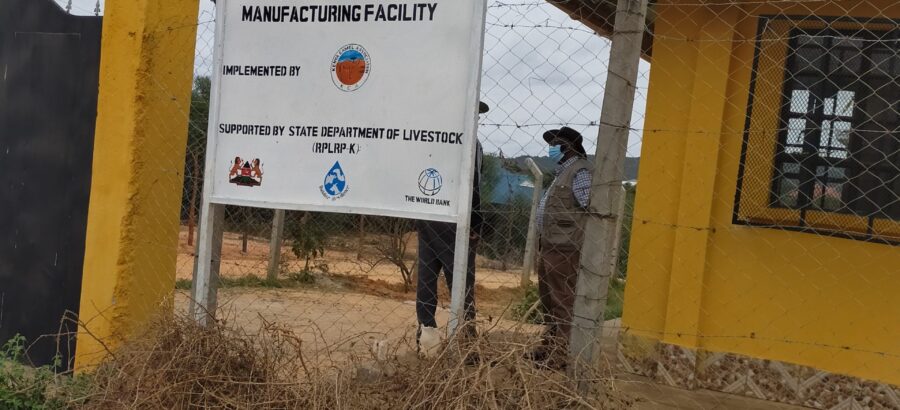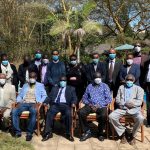Cross-border livestock trade in the IGAD region has been going on amongst communities especially along the borders of Kenya – Uganda and Kenya – Ethiopia, where both formal and informal trade has been recorded highly. A study commissioned by RPLRP project showed that informal trade in live animals and hides and skins remains an important form of cross-border trade. However, effective livestock markets are absent in remote pastoral and agro-pastoral areas and, where the markets exist, the marketing and trading system is dominantly informal.
Therefore, IGAD/ICPALD convened a two days’ physical meeting on 4th – 5th August 2021, in Moyale-Ethiopia to review the status of trade, challenges and how to resolve them. Dr. Wubishet Zewdie on behalf of CVO Ethiopia officially opened the meeting. He appreciated the positive collaboration between Ethiopia and Kenya on trade, social-economic issues and infrastructure development. This has helped the two countries manage emerging and re-emerging problems affecting trade such as pandemics, desert locust invasion among others. The meeting was attended by 31 participants from MoA, customs and traders from the two countries, and ICPALD. The following recommendations were made:
- IGAD and the two countries should strengthen implementation of areas of cooperation, in the signed animal health MoU and activities developed in the implementation framework for effective management of priority TADs through harmonized surveillance and vaccination programs.
- Director of Veterinary Service (DVS) Kenya should be part of Moyale border management committee and post an officer at the OSBP to facilitate livestock inspection before entry or exit.
- Each country should strengthen regional diagnostic facilities and cross-border infrastructure (livestock markets, water points e.t.c.) near cross-border areas and encourage shared use.
- Ethiopia and Kenya should strengthen use of community animal health workers and community disease reporter respectively, to enhance disease surveillance activities for early detection and management.
- The two countries should strengthen livestock market information system (LMIS). This can be done by utilizing part of cess (20-30%) left for livestock management association (LMA) in Marsabit county, Kenya to be used for market data collection and dissemination to mainstream stakeholders to enhance trade
- The two countries should strengthen information sharing on disease situation and trade activities from policy level to field officers at Woreda or Counties. IGAD should facilitate signing of draft information sharing protocol developed between Ethiopia and Kenya.
- IGAD and each country should carry out awareness creation about the importance of the harmonized grades and standards in live animals, meat and hides & skins, and how they can be obtained by mainstream stakeholders along the value chains.
- IGAD and each government should create more awareness to cross-border communities and government regulatory bodies about the importance of engaging in legal trade through OSBP, about signed MoUs, transhumance protocol etc.
- The two countries should open more official custom border posts to facilitate formal trade.
- The two countries should work on roll out of simplified customs procedure at the border posts.
- The DVS Kenya, should follow up the signing of the multilateral Karamoja cluster MoU already signed by Ministers in charge of Animal Resources from Ethiopia, South Sudan and Uganda.






